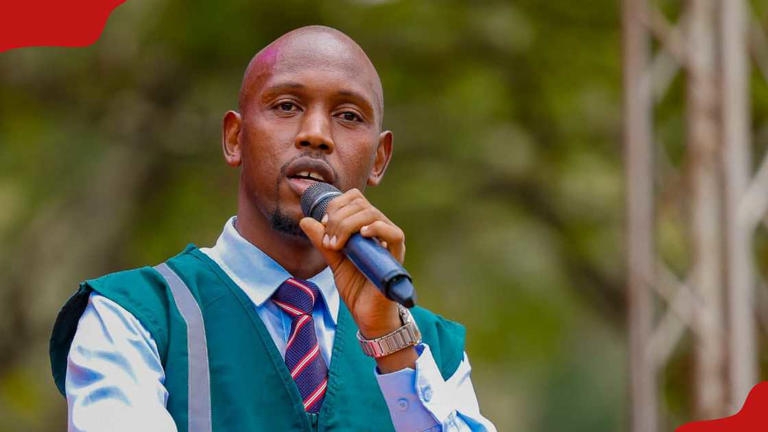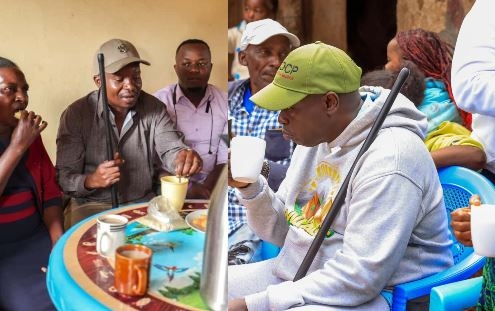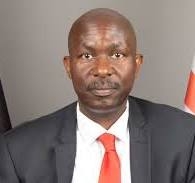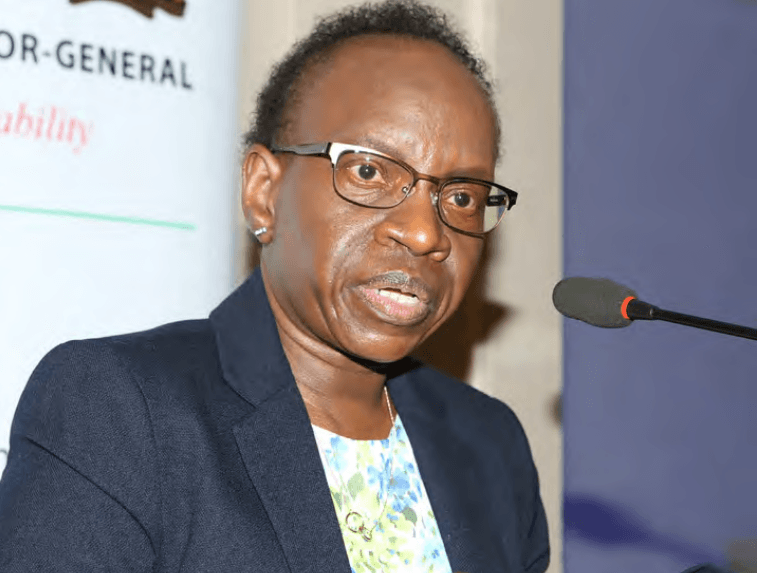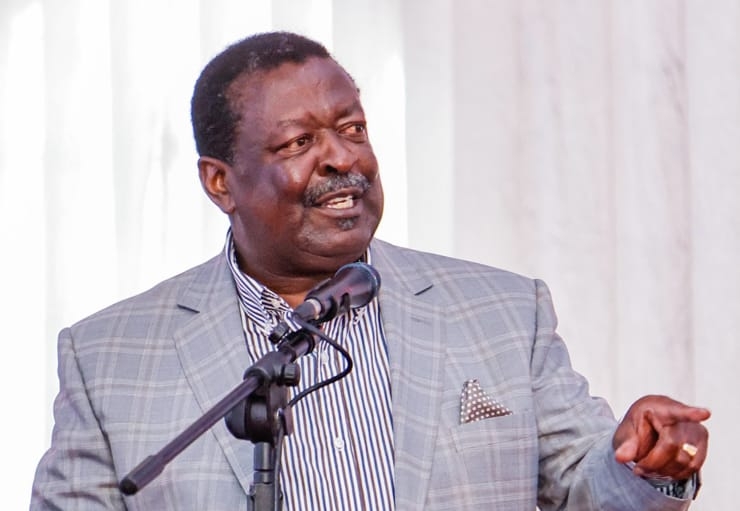In her mid-thirties, Bungoma-born Emily Wekulo, an author, storyteller and educator, exemplifies a new chapter in Kenyan literature, moving beyond the late poet Everett Standa’s declaration of ‘speaking for the bush’. Raised in the rural environs of Misikhu, Emily’s journey is emblematic of a young woman’s dedication to literary arts.
“My first impressive piece of writing was a composition in an interschool competition at the dawn of this century,” she shared recently. As a Standard 8 pupil at Mukumu Girls Primary School, her composition won a prize in the then Kakamega District. Her English teacher, Mrs Mwashi, saw potential in her, predicting she would become the Margaret Ogola of her generation. This encouragement set her writing ablaze.
Holding a degree in English and Literature, Emily is a certified freelancer and trained SEO writer. She has attended the African Writers Trust workshops in Kampala, organised by the renowned Ugandan novelist Jennifer Nansubuga. Currently, she is working towards enrolling in a Master’s programme in Literature or Creative Writing.
Emily’s desire to read stories centred on women fuelled her ambition to become a novelist. “Growing up, I read a lot of Barbara Kimenye, and my favourite book is Kalasanda,” she says. Her first novella, The Village Girl (2020), published by Worlds Unknown Publishers, reflects her interest in untold village tales. She draws inspiration from literary giants like Toni Morrison, Margaret Ogola, Achebe, Ngugi and Chimamanda.
Her early writing experiences taught her valuable lessons. “My biggest mistake was writing with the intention of getting an award,” she admits. The numerous rejections and long waits for publishers were disheartening. She considered self-publishing but could not afford it. These experiences taught her to focus on perfecting her craft rather than chasing awards.
Emily candidly discusses the challenges of being a writer in Kenya. “One cannot live on writing in Kenya,” she says. Financial rewards are minimal and literary books seldom sell. Despite these challenges, she writes for passion and balances her writing with other professional commitments. To her, literature is a mirror through which society sees itself. She hopes to revive the boldness of Kenya’s literary giants like Ngugi and Meja Mwangi.
Her literary oeuvre spans a diverse range of themes and genres, showcasing her writerly versatility and depth. Her recent work, Princess Njinga - Bane of the Portuguese (2023), published by StoryMoja Publishers, is a children’s historical fiction that brings to life the legendary African queen’s defiance against colonial forces. Also, she contributed a story to Sensual Sneezes and Other Stories (2021), a collaborative anthology by Inked Nib Publishers.
Her story in Kosa La Nani na Hadithi Zingine (2018) and Cry of the Crow and Other Stories, both published by Vide-Muwa Publishers, showcase her conviction that literature is an agent for cultural insights and morality. It plants in us readers profound questions on human experiences.
Emily’s solo works, including Ward Nine (2020), are published by Worlds Unknown Publishers. Hers is a commitment to portraying the intricate dynamics of village life using political satire in Kenya. Each of her works is marked by vivid imagery and a penetrating engagement with social issues, establishing her as a voice of acuity in our new literatures.
Imagery is her strength. “I want my reader to walk into my story and feel, smell, cry, taste and touch everything that is in there,” she says. Her stories often explore family drama and social injustice, themes close to her heart as a woman and mother of daughters. She also has a deep historical consciousness and aims to rewrite our stories with authenticity, free from colonial dilution.
Although she has not yet collaborated with other writers, she looks forward to working with African writers she admires. She has been a member of Writer’s Guild Kenya, which is marking its tenth anniversary this year, but feels that rural writers are often excluded from urban-centric literary communities. “One also needs a name to be accepted in these communities,” she says, and she is still working on building her reputation.
She advises aspiring writers to perfect their craft. “Write like the god of writing lives in your fingers,” she encourages, her eyes blazing with passion. She emphasises the importance of reading to overcome writer's block and learning from feedback. “Passion is everything,” she says, sharing how she shifted her focus from writing for money to writing for perfection.
Asked about the plight of literature in the wake of technological transformations, she expressed mixed feelings. While technology can enhance literature, she fears it might diminish creativity. “With Artificial Intelligence being the norm, writing is evolving,” she observes, expressing concern that AI tools could downplay the role of authors. Despite this, she remains committed to traditional storytelling techniques and values depth in literature.
For Emily, cultural heritage is the foundation of contemporary Kenyan literature. She believes authors have a responsibility to create worlds that readers yearn for, informing and creating awareness while offering escape and satisfaction. She incorporates personal experiences and observations into her writing but maintains a fictional approach to expanding her imagination.
As a young writer, she embraces criticism as a sign of her work being noticed. She recalls a recent experience where a comment about a book cover sparked a discussion on racism and inclusion. “A great author feeds on criticism,” she says, viewing it as an opportunity to improve and be more thoughtful in her choices.
Our publishing industry continues to present numerous challenges. Emily has faced issues with royalties and seen her manuscripts appropriated by others. She advises emerging writers to create a name for themselves, as recognition can lead to better opportunities with publishers.
Emily hopes her writing will create memorable worlds for readers, offering them an escape and satisfaction. She stays connected with her readership through feedback from students, social media and professional reviews. She dreams of starting a literary prize for teenagers and encourages the literary community to celebrate creativity across generations.






